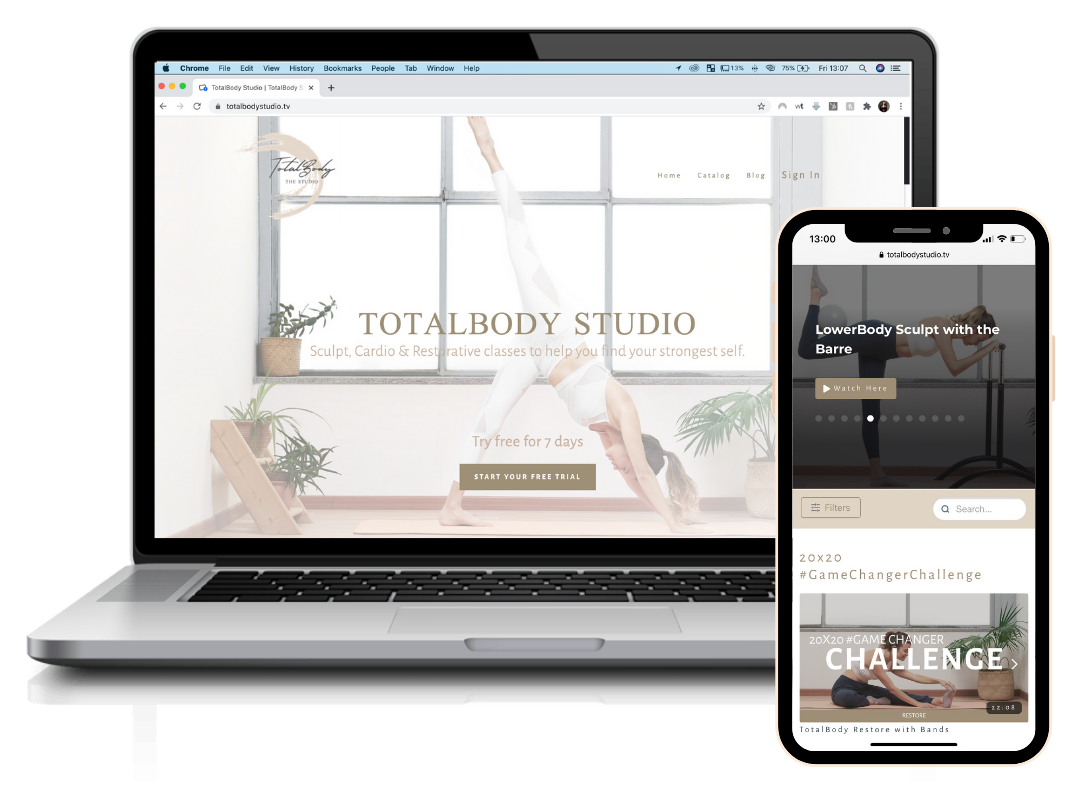
Stress – it goes without saying – is bad for our health. High stress levels can cause physical discomfort, such as: muscle tension, headaches, intestinal issues, rapid breathing, pounding pulse. It can also produce mental symptoms like worry, irritability, restlessness, insomnia, fatigue, panic to the point of even sabotaging the time when we could relax. So what shall we address in our lifestyle to reduce stress levels and improve our mental, physical and emotional health and be able to truly enjoy the holidays which we all have been so longing for?
Here are 6 common causes which might enhance your tendency to stress and what you can do about them.
- Poor sleep quality
We know the general 7-8 hours rule when it comes to feeling rested, but what also affects your stress level is the quality of your sleep. Try to turn off your blue-light screens at least 1 hour before bed. Optimise your bedroom environment. Avoid caffeine after 4pm and sip a calming herbal tea before bed. Avoid high intensity training before bed, opt for slow movement to calm the mind. Get in the routine to go to bed everyday at the same time – more or less.
- Dehydration
Dehydration can easily cause irritability and tendency to worry more. You could also confuse thirst with hunger and depending on what you reach out for snacking can also influence your mood. Always start your day with a large glass of water. Have a reusable water bottle to keep next to your desk all day. You can also set several reminders on your phone – I’d suggest one at 10am, 12pm, 2pm and at 4pm – to take some gulps. If you dislike the taste of water – you’re weird, but so am I – add in a slice of lemon, lime, cucumber or berries.
- Nutrients-poor Diet
What you eat can heavily influence your emotions, especially if you have a difficult relationship with food. At times food can be a trigger for stress itself. Making sure that your fridge is stocked with wholesome natural foods – fresh fruits and veggies, lean protein and healthy fats – can help resist the temptation to order a takeaway. Stock your pantry with easy add ons: chickpeas, lentils, canned sardines, etc…You can also prep your food ahead to save you time. On weekends roast 2 trays of different vegetables ready to be added to your protein and starches when you are in a rush. Bake home-made snacks (granola bars, protein balls etc) to replace processed sugary bars and packaged snacks. And be conscious of taking at least 30 minutes away from any screens/work to enjoy your meal mindfully.
- Lack of boundaries
We often feel overwhelmed because we commit to too much. Our commitments don’t include only work-related matters but also friends, family, social events and so on. When you catch yourself saying yes to yet another task or hang out, ask yourself how much of your energy will cost you to take on that and practice saying “no”. Setting some healthy boundaries is necessary to keep in check our struggles and fears. It could sometimes help to write down what your worries include, just to empty your mind of them. Then make a plan of action of what you need to do to take some time out. Have that difficult conversation – if they love you they’ll appreciate your honesty. Try also to plan a daily moment of stillness: meditating, napping, observing,… Block off 15 minutes between your tasks to just be.
- Lack of exercise
I don’t intend to toot my horn here but yes, exercise is a great way to release stress for both chemical and behavioural reasons. Going for a brisk walk, a run, a hard 30 minutes HIIT or simply a calming yoga session stimulate the production of endorphins, chemicals in the brain that are the body’s natural mood elevators. As our body looks toner and our strength and stamina increase, our self-acceptance also improves. We’ll then earn a sense of achievement, of pride and self-confidence. Our renewed energy allows us to succeed in many aspects of our lives and the newly gained discipline can help us achieve important lifestyle goals. So schedule some time for daily movement. It doesn’t need to be more than 30 minutes a day.
- Too much caffeine
Caffeine is a stimulant so if abused can cause our cortisol level to rise to the roof, which is not ideal when we already have the tendency to stress. Reduce your coffee intake to a maximum of 3 cups a day. Try to replace one with a matcha latte or a caffeine-free alternative to see if it’s really caffeine that you need or simply an excuse to take a break. If you are struggling with insomnia, anxiety, loose/irregular bowel or hormonal imbalances consider to quit coffee altogether for 4-6 weeks.
TRY A FREE CLASS ON TOTALBODY STUDIO.

